At last Monday’s January 6 Committee hearing, Rep. Zoe Lofgren (D-CA) proved highly effective in conveying both the gravity and the expanse of the Big Lie, showing how Trump was told repeatedly by his top advisors that there was no election fraud.
There was, however, another kind of fraud: the one perpetrated on the back of the Big Lie, what she called the Big Rip-off but which I call the Big Grift.
Grease for the Grift
The gist of the Big Grift is this: The Trump campaign used bogus election fraud claims to fuel a massive fundraising campaign, raking in some $250 million in donations from their outraged base of small donors.
Senior Investigative Counsel Amanda Wick led this part of the hearing in a video presentation.
Wick said:
“As the Select Committee has demonstrated, the Trump campaign knew these claims of voter fraud were false, yet they continued to barrage small dollar donors with emails, encouraging them to donate to something called an Official Election Defense Fund."
But the thing is, there was no such fund.
It never existed.
Instead, the money went to a separate entity called the “Save America PAC” which was created on November 9, 2020.
Wick noted:
“Most of the money raised went to this newly created PAC, not to election-related litigation."
As Rep. Lofgren observed, the Big Lie was needed to keep the Big Grift going, resulting in pointless legal challenges that had no chance of success.
Lofgren noted:
“If the litigation had stopped on December 14, there would have been no fight to defend the election and no clear path to continue to raise millions of dollars.”
Wick also showed that millions flowed from this PAC to organizations that were affiliated with Trump allies. Other funds went to Trump hotels.
Five million was used to fund the rally at the Ellipse on January 6 where a speaker like Kimberly Guilfoyle was paid a fee of $60,000 just to give a speech that lasted under three minutes.
Another one million went to the non-profit that employs Mark Meadows, Trump’s former chief of staff, just weeks after the House formed the January 6 Committee, raising serious questions over the purpose of that donation, e.g. whether it was used to buy Meadows’ cooperation and loyalty.
Rep. Lofgren said:
“Throughout the committee’s investigation we found evidence the Trump campaign and its surrogates misled donors as to where the funds would go and what they would be used for.”
And in remarks to reporters after the session, she added:
“It’s clear that he intentionally misled his donors, asked them to donate to a fund that didn’t exist, and used the money raised for something other than what he said. Now it’s for someone else to decide whether that’s criminal or not.”
What Laws Might These Fraudulent Solicitations Have Violated?
That someone else is likely Matthew Graves, the U.S. Attorney for the District of Columbia, along with his staff. If what the Committee says is true—and there is no reason to believe they cannot back up all these claims with extensive documentation and witness testimony—then a whole new front might open in the ongoing investigation and possible prosecution of Trump and his allies.
For starters, intentionally making false claims in solicitation emails in order to defraud small donors is textbook felony wire fraud under 18 U.S.C. 1343. Violations are punishable by up to 20 years in prison. Those who conspired to commit the fraud along with the Trump campaign could face charges for wire fraud conspiracy under 18 U.S.C. 1349.
We have already seen one flavor of this particular sort of grift. Trump advisor Steve Bannon and his associates used it in the “Build the Wall” campaign to scam small donors out of $25 million.
While two associates of Bannon pled guilty and likely will serve years in prison for it. Bannon allegedly also pocketed a large sum, in his case allegedly one million dollars, but managed so far to escape accountability because of a last-minute pardon by Trump.
There’s another wrinkle.
I’m often asked whether Trump and his cohort might face federal RICO charges—which stands for the Racketeer Influenced Corrupt Organization Act—for their various election fraud activities. RICO was popularized because it was used to take down mob bosses, of which Trump seems a certain shade.
But I’ve cautioned in the past not to see RICO as a “go-to” because these cases are complex and require the proof of both a “criminal enterprise” and a “predicate act” that triggers the law, so over something like election fraud it always seemed a bit of a stretch.
But financial crimes, especially where the money trail is hard to follow and prosecutors might need broad authority to examine the sprawling books of various companies, are exactly where RICO can be useful. The law was initially designed to take on organized crime.
There’s also a civil component to it that could impose treble damages against a defendant organization. So in theory, the Justice Department could consider RICO charges if it felt it needed to crack the books open, especially if it wants to show that the Trump Campaign used the funds to bribe or influence politicians like Mark Meadows, a classic kind of RICO crime.
And a bonus: It so happens, even though “election fraud” isn’t a specific RICO predicate act, “wire fraud” is. In fact, it is one of the enumerated predicate acts under “racketeering activity” and is the most common predicate act used in civil RICO cases.
The “why” of the Big Lie makes perfect sense once you see how it supercharged the Big Grift. And charging Trump and the Trump campaign with financial crimes may ultimately prove easier than moving forward with other charges where the evidence and the facts are harder for juries to assess, such as the crime of obstruction of an official proceeding.
Don’t worry, more charges could always be added in later.
The Big Grift of $250 million is tangible, the logic of it more straightforward. And the American public is more likely to take a jaundiced view of people personally lining their pockets from small donors off of false election fraud claims.
Will the Justice Department act here? Unclear, but we do know that it is paying close attention. Attorney General Merrick Garland told the press on Monday after the revelations that he is indeed watching the January 6 Committee hearings.
Then he added:
“And I can assure you that the January 6 prosecutors are watching all of the hearings as well.”

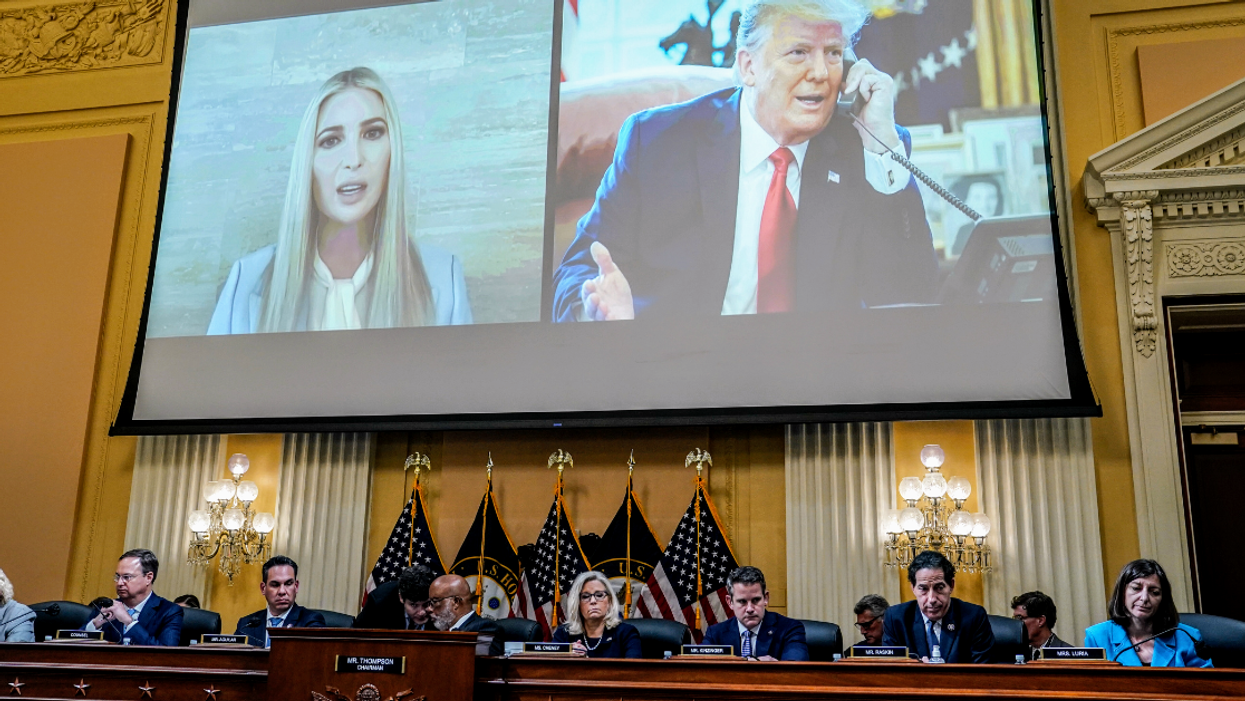

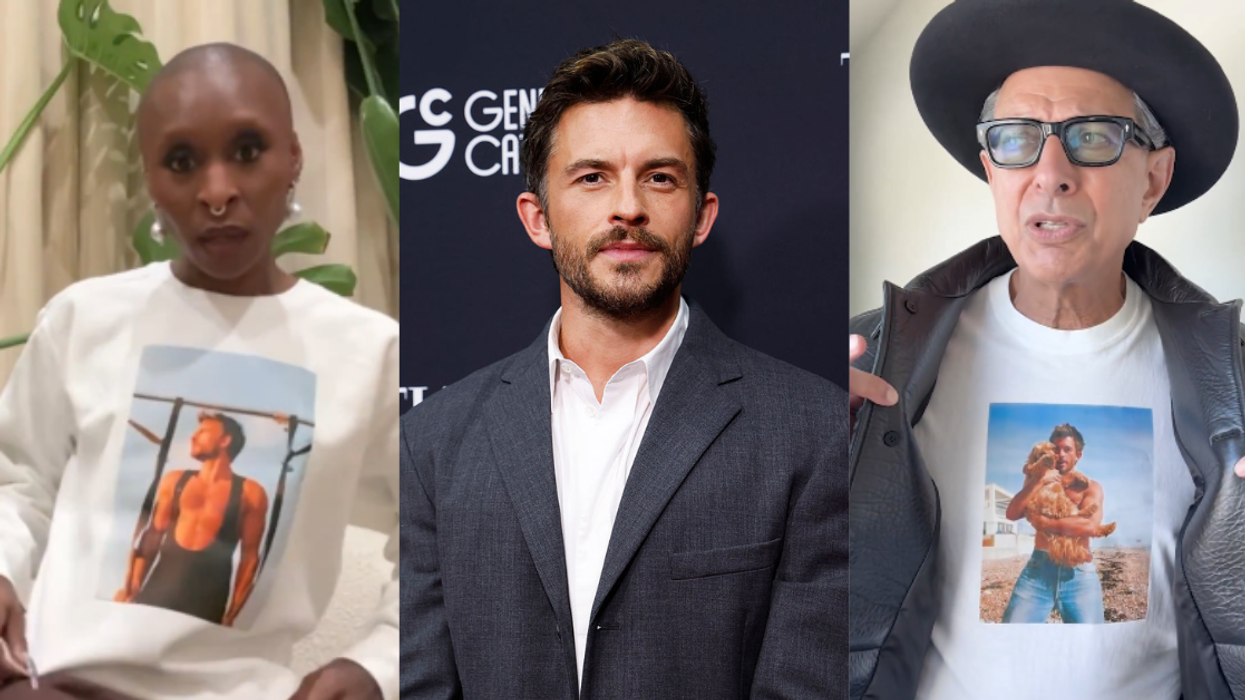
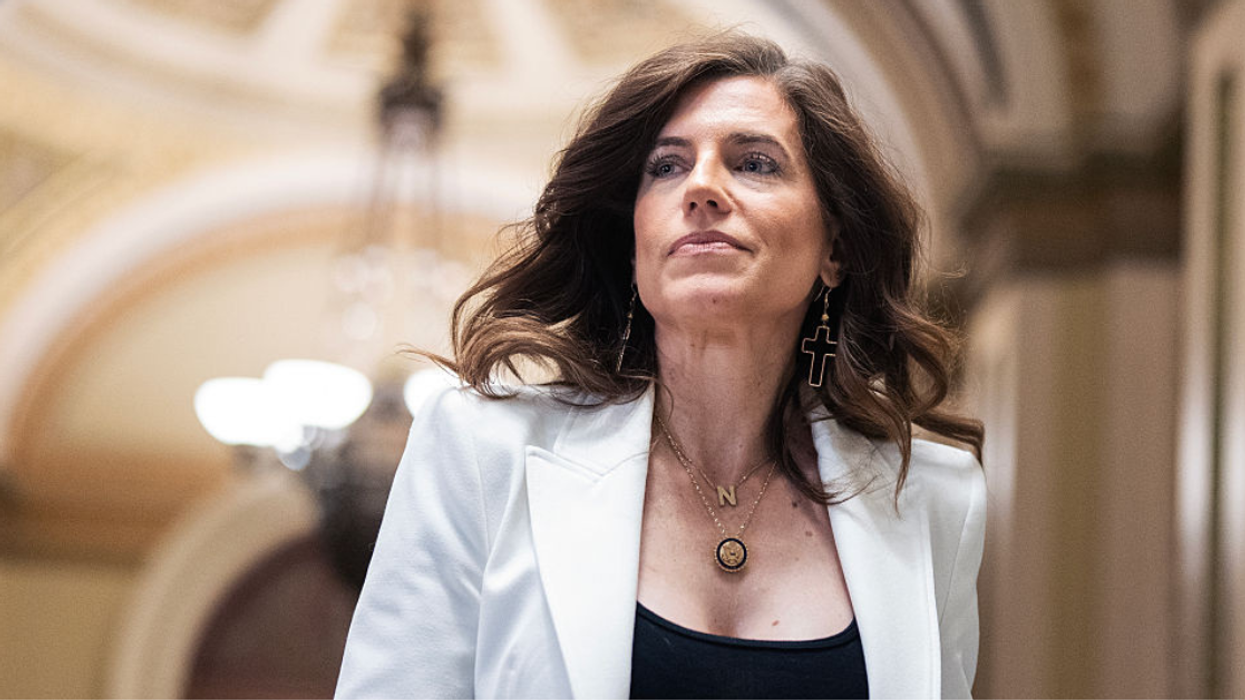
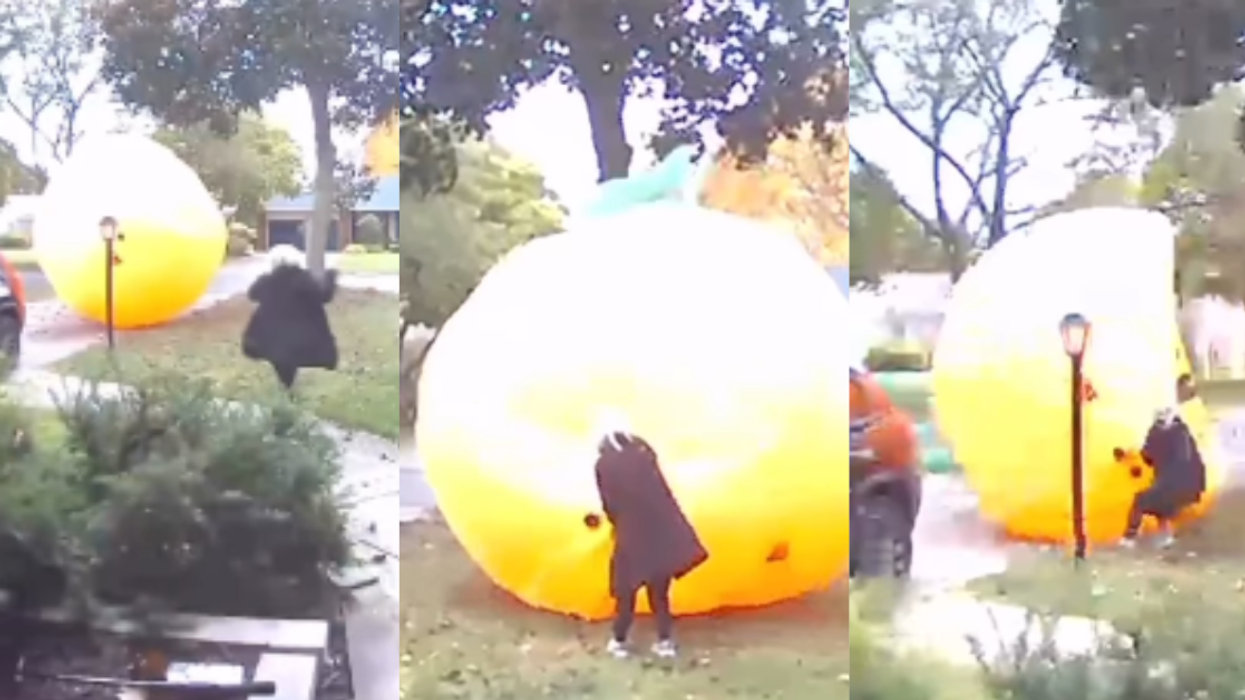
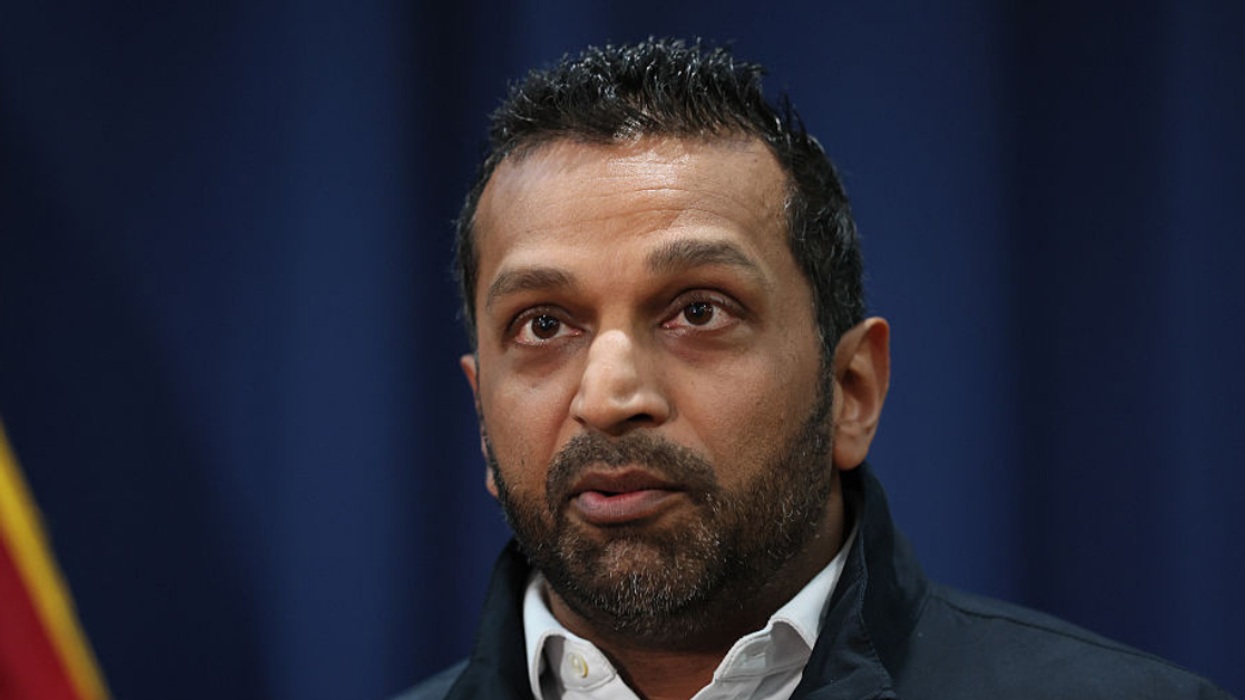





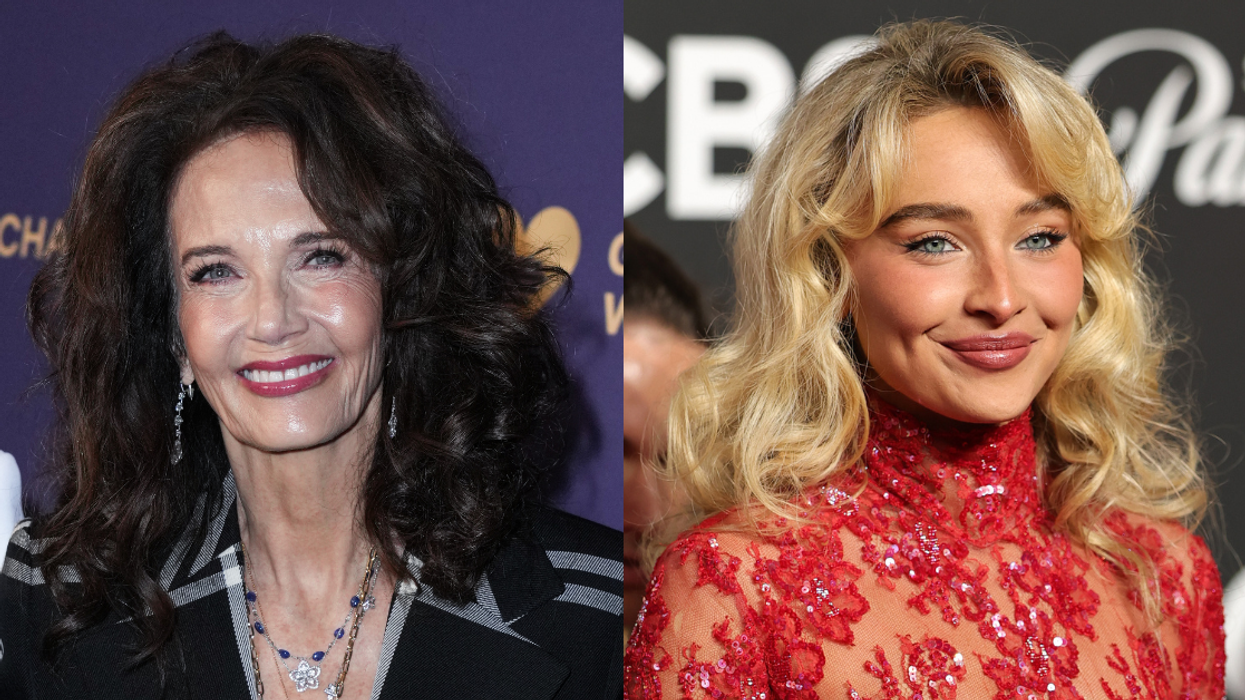
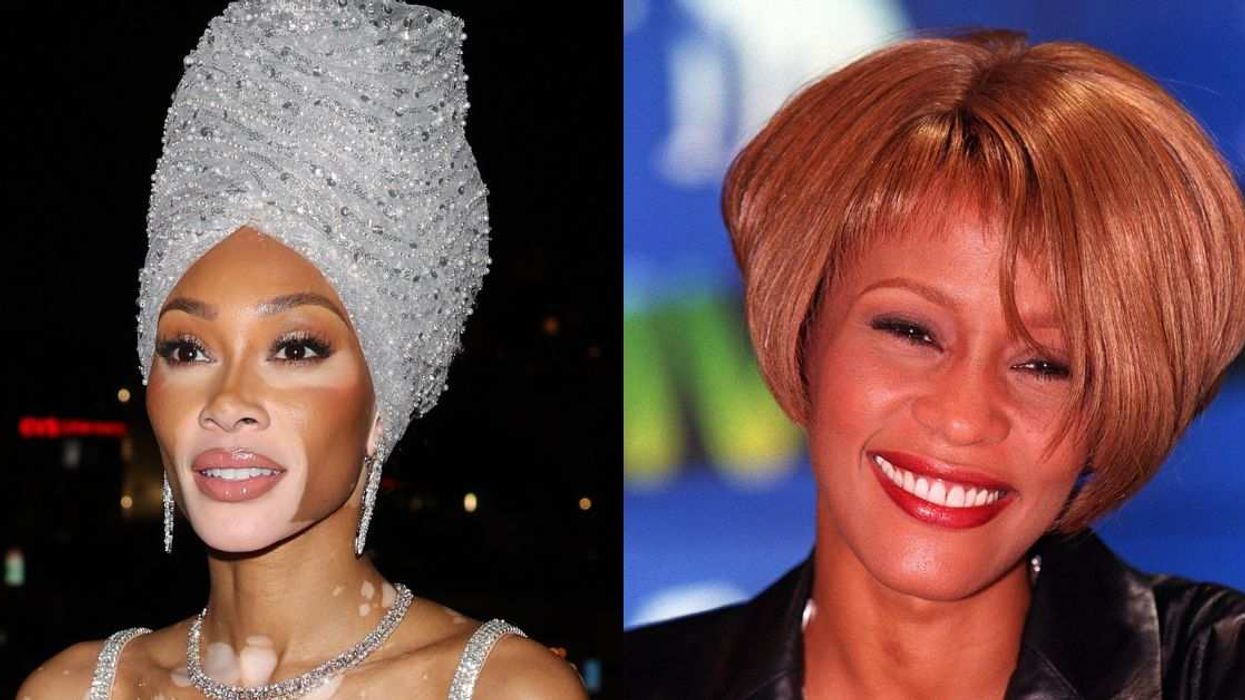

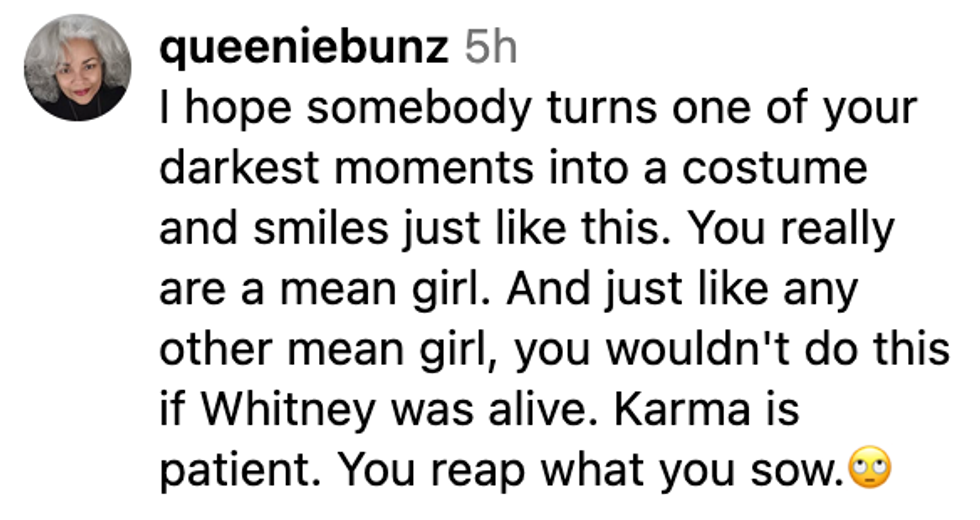

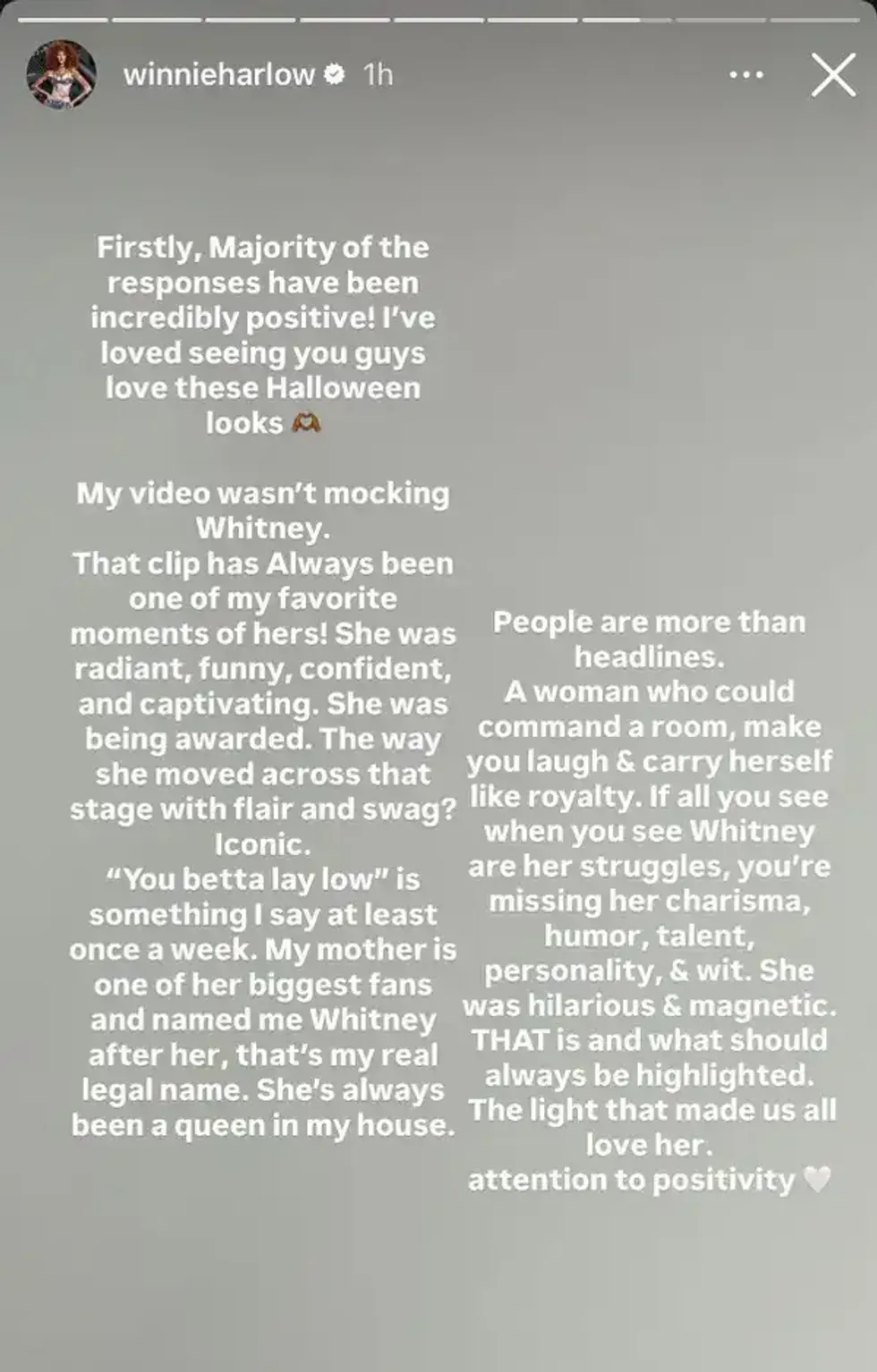 @winnieharlow/Instagram
@winnieharlow/Instagram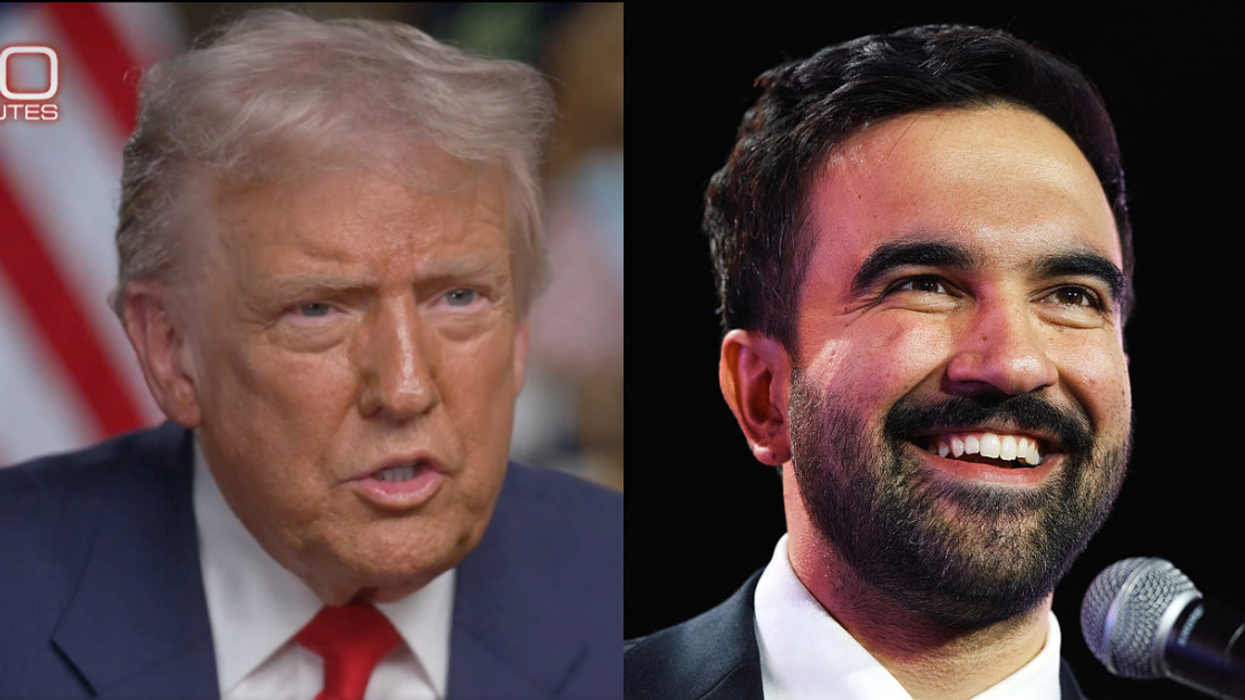
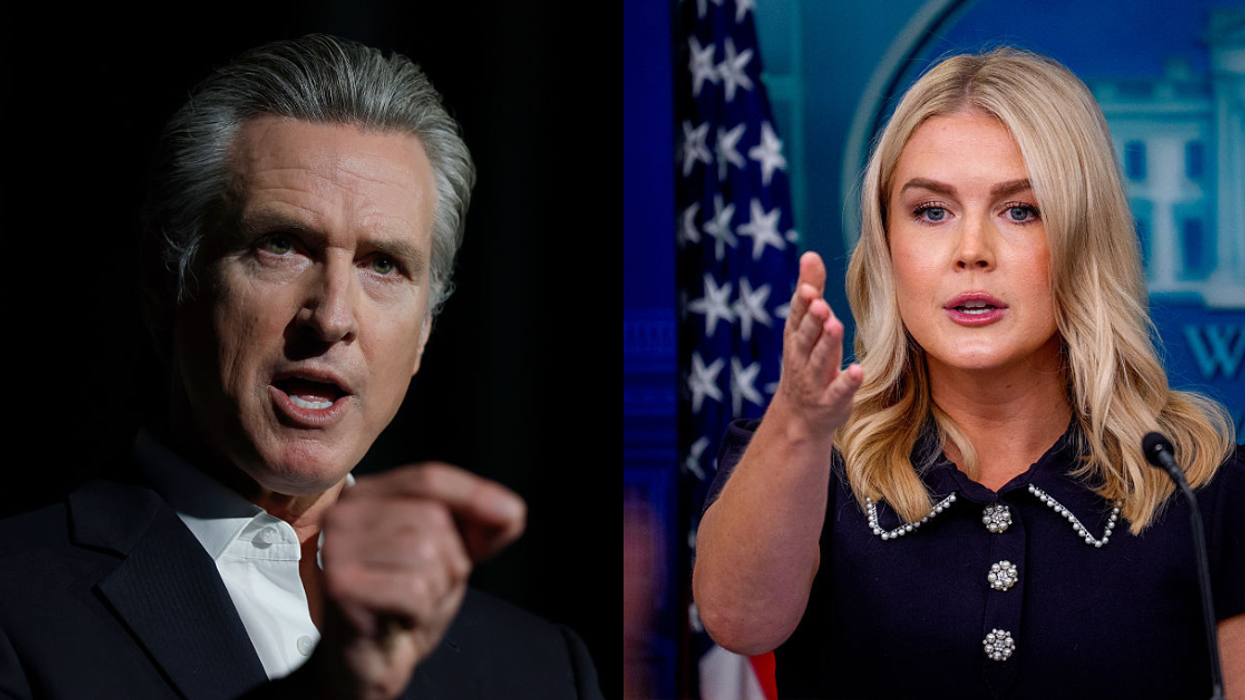
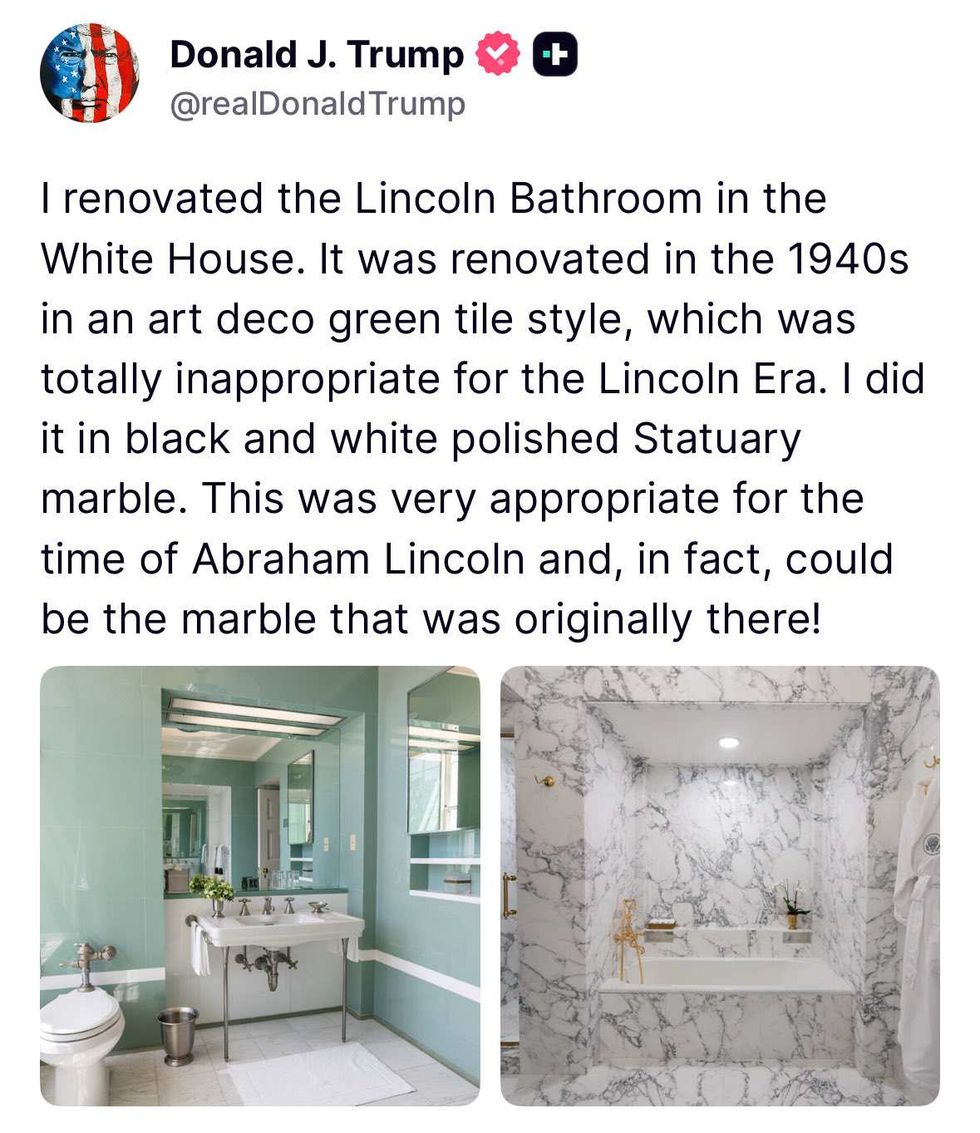 @realDonaldTrump/Truth Social
@realDonaldTrump/Truth Social